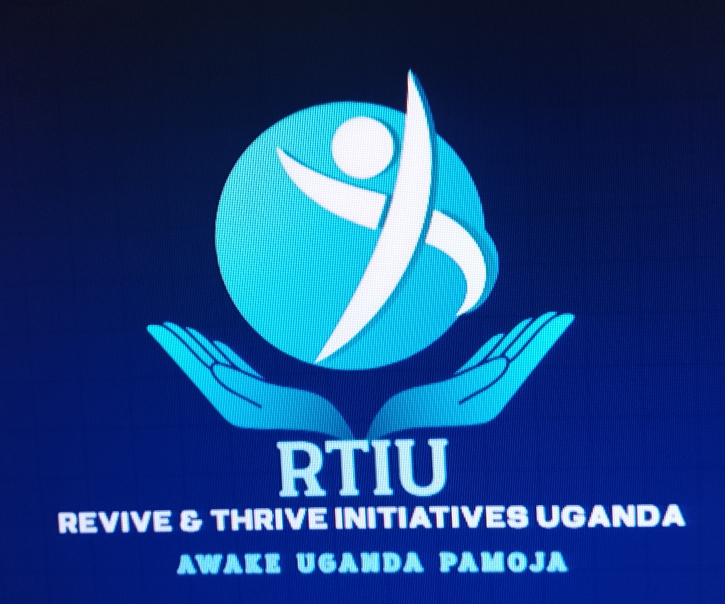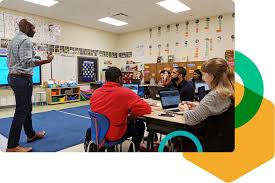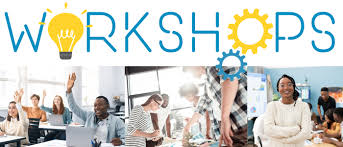A workshop is an interactive session that brings people together to learn, collaborate, or create new ideas. Workshops can be used for a variety of purposes, including employee development, research, and creative pursuits.
Types
of workshops
- Pottery classes
A
creative workshop that can help employees connect with their creative
side
- Coding classes
A
workshop that can help corporate employees learn languages and technologies
relevant to their company's goals
- Employee development
workshops
An
interactive workshop that can help improve employee retention, engagement, and
satisfaction
- Research workshops
An
interactive session that can help clients, researchers, and other participants
work on an issue or question
- Craft workshops
A
workshop that can help people collaborate with local artisans and share their
passions
Planning
a workshop
- Define the goals and
objectives of the workshop
- Understand your
target audience
- Choose a suitable
location and date
- Plan an organized and
engaging agenda
- Promote the workshop
and manage registrations effectively
- Prepare for the
workshop in advance
- Gather feedback from
attendees
Workshops
can play a crucial role in empowering developing countries by focusing on
capacity building, sharing expertise, and addressing specific challenges, as
demonstrated by initiatives like the World Bank's LUTP program and UN projects.
Here's
a more detailed look at how workshops can be beneficial:
Areas
of Focus & Examples:
·
Church workshops
Church
workshops, whether focused on spiritual growth, skill development, or
addressing life challenges, can be a valuable tool for strengthening a church
community and its members' faith and well-being.
·
Urban Transport Planning:
The
World Bank's Leaders in Urban Transport Planning (LUTP) program hosts
interactive workshops to empower urban transport practitioners from various
countries, focusing on discussion, problem-solving, and experiential learning
through case studies, group exercises, and site visits.
·
Science, Technology, and
Innovation (STI):
Workshops
can address building partnerships and capacity in developing countries to
harness the potential of STI for achieving the Sustainable Development Goals
(SDGs).
·
Data Management & Transparency:
Workshops
can support developing country parties in gathering, analyzing, and managing
data for climate change transparency, offering guidance on applying for related
projects.
·
Energy Innovation Policy:
Workshops
can bring the importance of energy innovation policy in emerging and developing
economies into focus
·
Capacity Building:
Workshops
can strengthen the capacity of countries to achieve the 2030 Agenda for
Sustainable Development, focusing on areas like food and nutrition security,
social and economic development, and sustainable management of natural
resources.
·
Addressing Loss and
Damage:
The
Santiago Network, established to catalyze technical assistance for averting,
minimizing, and addressing loss and damage, conducts regional scoping workshops
to identify areas of support needed for different hazards.
·
Skills Development:
Workshops
can explore industrial skills development, focusing on both hard and soft
skills to improve job prospects in developing countries.
·
Global issues:
Workshops
can also discuss global issues of importance to developing countries, including
globalisation, global health governance, health, and prevention needs
For more information about our Church workshops Programme please do not hesitate to contact us and in case God leads you to support our Church workshops Programme please contact us using the form below



